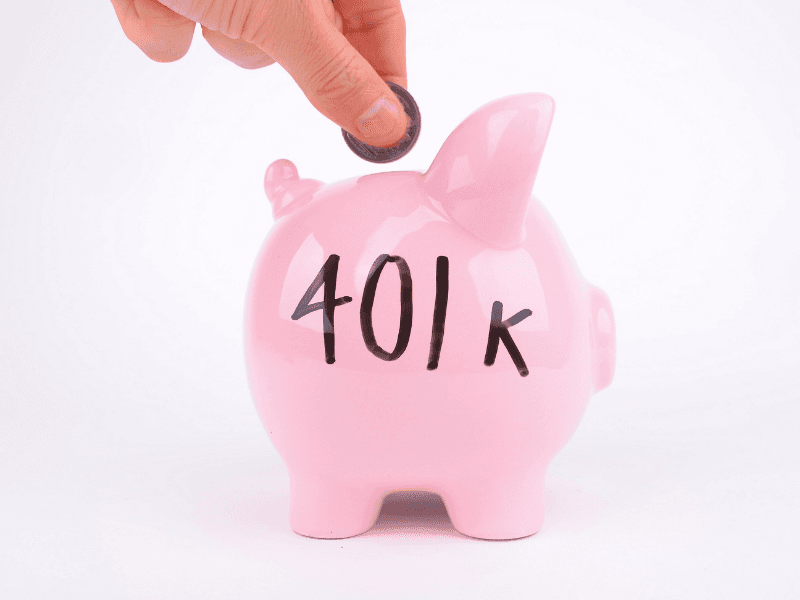How to Calculate Property Tax
Property taxes are a critical part of budgeting when buying a new home. Underestimating property tax can lead to a higher than expected mortgage payment.
What are property taxes?
Every state has property taxes. Washington D.C., too. So if you are planning to buy a home, you need to account for them. Property taxes are a major source of revenue for state and local governments. Public schools, parks, roads, and virtually every other earmark maintained by your local government is at least partially funded by property taxes.
Unlike income tax or sales tax, property taxes don’t get paid just once. Most states calculate property taxes on an annual basis. They may bill you annually, quarterly, or somewhere in between, but you’ll continue to pay them as long as you own your home. In certain states property taxes can be significant. In others they may seem surprisingly low. Your house payment will most likely include your property taxes, so including them in your budget is important.
How are property taxes calculated?
Property taxes are specifically calculated based on location. Every state, county, and municipality has a different method of determining your property tax. However, the general process is pretty straightforward. While it’s impossible to account for every property tax scenario throughout the country, understanding the basics will make it easier to determine your potential tax when shopping for your new home.
Property taxes are calculated by multiplying your home’s assessed value by the millage rate applicable for your area. That might be a mouthful, but it’s not that complicated. A millage rate is just a fancy way of describing the percentage of your home’s value that determines your property taxes. Assessed value is the value your local government assigns to your house. Your home’s assessed value may or may not be equal to its market value.
Some places apply an assessment ratio to your home’s market value to determine the assessed value used for calculating your property tax. This is simply a percentage of your home’s appraised value. For example, if your home is worth $300,000 and your area applies a millage rate of 0.060 on an assessed value of 20% of its market value, your property taxes are $3,600.
The same home in another part of the country may apply a millage rate of 0.015 on 100% of the assessed value. In this case the property taxes would be $4,500.
Our two examples result in property tax rates (taxes divided by market value) in percentage form of 1.2% and 1.5%, respectively. When shopping for your new home, if you know the approximate tax rate as a percentage, budgeting for property taxes is a little easier.
Why do property taxes differ?
If you live in a metro area with multiple counties and municipalities, you may find that property tax rates vary wildly. They may even vary from what seems like neighborhood to neighborhood. Local governments impose additions to the base tax rate to fund projects and programs that improve its citizens’ livelihoods. There may be allocations for school projects, public parks, transportation improvements, etc. It’s no surprise that areas with “better” schools often come with higher property taxes.
In some areas of the country, states offer property exemptions that can reduce your property tax liability. In states where they’re applicable, homestead exemptions apply if the property to which taxes are being assessed is the taxpayers primary residence. Additional exemptions can apply to seniors, veterans, and disabled homeowners. Exemptions won’t eliminate your property taxes entirely, but if you qualify, the savings can be substantial.
How do I pay my property taxes?
Most homebuyers don’t pay cash for their home. If you are, congratulations. You’ll write a check each time your county assessor bills you for property taxes. However, if you’re like the rest of us and will have a mortgage, things work a little differently.
Most mortgage loans will include your property taxes as part of your house payment. They do this to ensure your property taxes are paid according to the schedule determined by your county. Tax bills can be significant, and including them in your mortgage payment means not receiving a surprise bill that you are not prepared for.
If you are using a traditional conventional loan to buy your home, you may have the option to pay your taxes on your own, outside of your mortgage payment. You typically have to make a significant down payment and may even have to pay a small premium. Most conventional homebuyers opt to include their property taxes in their house payment.
Government backed loans work differently. If you are using an FHA, VA, or USDA loan, expect your property taxes to be a piece of your mortgage payment. Your lender will require it and not give you a choice. When calculating your estimated monthly payment while you prepare to shop for a home, always include property taxes in your calculations.
All the mortgage calculators on What’s My Payment are equipped to handle property taxes and insurance. Your homeowner’s insurance premium will be handled exactly like your property taxes.










